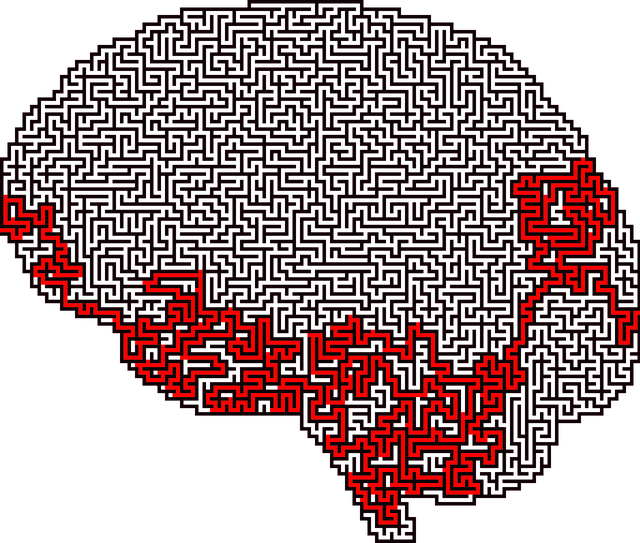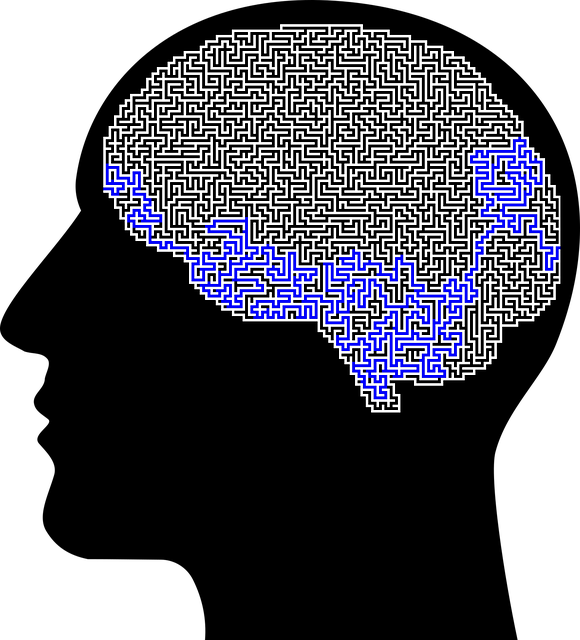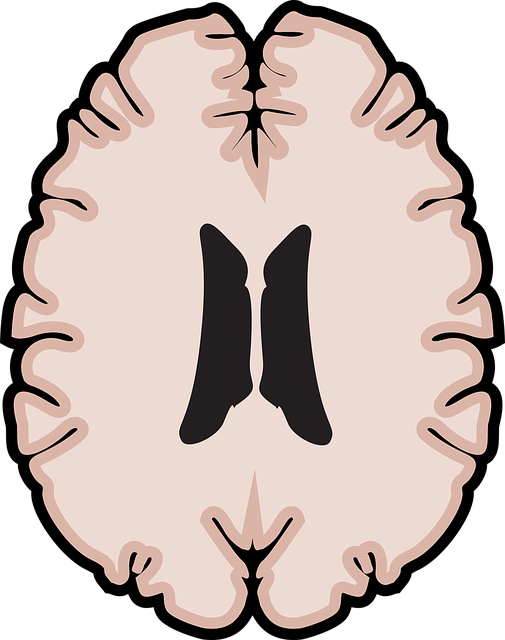Mental wellness programs, like Parker Developmental Disability Therapy (PDDT), are multi-faceted initiatives that promote mental health through tailored support systems, resilience building, and person-centered care. The Parker Model uses evidence-based practices combined with holistic development to enhance mental wellness. Program evaluation involves diverse assessment methods, including surveys, interviews, and focus groups, to measure effectiveness. PDTT's success is tracked against SMART goals, focusing on improvements in communication, social interactions, and emotional response management. Continuous improvement occurs through meticulous documentation of outcomes, both positive and challenging, allowing therapists to refine approaches for better mental health results among those with developmental disabilities.
Mental wellness programs are essential components of modern healthcare, especially for individuals with developmental disabilities. Evaluating these programs is crucial to ensure their effectiveness and impact on participants’ lives. This article explores various evaluation methods, from understanding the foundation of mental wellness programs to implementing innovative strategies like Parker Developmental Disability Therapy. We delve into key components, data collection techniques, and measuring success to guide professionals in optimizing support for those in need.
- Understanding Mental Wellness Programs: A Foundation for Evaluation
- The Parker Model: A Unique Approach to Developmental Disability Therapy
- Key Components of Effective Program Evaluation
- Data Collection Methods: Qualitative and Quantitative Insights
- Measuring Success: Outcomes, Impact, and Continuous Improvement
Understanding Mental Wellness Programs: A Foundation for Evaluation

Understanding Mental wellness programs is a multifaceted process that involves recognizing their purpose and impact on various aspects of an individual’s life. These programs, designed to promote mental health and well-being, often cater to diverse populations, including those with developmental disabilities, as exemplified by Parker Developmental Disability Therapy. The core objective is to enhance resilience, foster inner strength development, and provide support systems that contribute to improved quality of life.
Evaluation methods play a pivotal role in understanding the effectiveness of these programs. Through systematic analysis, such as Public Awareness Campaigns Development and Mental Health Policy Analysis and Advocacy, researchers can assess the reach, impact, and sustainability of mental wellness initiatives. By examining participant outcomes, program implementation strategies, and societal perceptions, stakeholders gain valuable insights to refine and optimize these programs for better mental health outcomes.
The Parker Model: A Unique Approach to Developmental Disability Therapy

The Parker Model is a distinctive and innovative approach to Parker Developmental Disability Therapy, focusing on holistic development and enhancing life skills for individuals with developmental disabilities. This method emphasizes the importance of creating structured yet flexible environments that cater to each client’s unique needs. By combining evidence-based practices with a person-centered care philosophy, therapists aim to foster personal growth and improve overall mental wellness.
This therapeutic framework goes beyond traditional treatment models by incorporating various techniques, such as cognitive-behavioral therapy, mindfulness practices, and social skills training, tailored to address specific challenges faced by those with developmental disabilities. The Parker Model also prioritizes stress management and mental illness stigma reduction efforts, encouraging open communication and building resilience. Through this comprehensive approach, individuals can develop coping strategies, enhance their sense of self, and actively participate in shaping their lives, ultimately contributing to the production of a more inclusive and supportive society for everyone’s mental wellness.
Key Components of Effective Program Evaluation

Effective program evaluation for mental wellness initiatives is a multifaceted process that involves several key components. Firstly, it’s crucial to establish clear and measurable goals aligned with the program’s objectives, ensuring they’re specific, achievable, relevant, and time-bound (SMART). This provides a solid framework for assessment and allows for the tracking of progress over time.
Secondly, a comprehensive evaluation strategy should incorporate diverse methods such as surveys, interviews, focus groups, and data analysis to gather insights from various stakeholders including clients, care providers, and community members. Integrating these perspectives enables a holistic understanding of the program’s impact. For instance, Parker Developmental Disability Therapy might leverage risk management planning for mental health professionals alongside community outreach program implementation to assess improvements in stress management among participants.
Data Collection Methods: Qualitative and Quantitative Insights

Evaluating mental wellness programs requires a multifaceted approach, incorporating both qualitative and quantitative data collection methods. Qualitative methods, such as interviews, focus groups, and observations, offer deep insights into participants’ experiences, perceptions, and emotional responses to therapy. For instance, Parker Developmental Disability Therapy might employ these techniques to understand the personal narratives of individuals with developmental disabilities, shedding light on their unique challenges and areas for improvement in support services.
Quantitative data collection methods, including surveys, questionnaires, and statistical analyses, provide numerical evidence and measurable outcomes. These can help assess the effectiveness of mental wellness programs like Trauma Support Services or Mental Illness Stigma Reduction Efforts. For example, a well-designed survey could gauge changes in symptoms, mood, and overall functioning before and after Community Outreach Program Implementation, offering tangible metrics for progress.
Measuring Success: Outcomes, Impact, and Continuous Improvement

Measuring success is a critical aspect of evaluating any mental wellness program, especially when tailored to individuals with developmental disabilities as offered by Parker Developmental Disability Therapy. Outcomes assessment involves tracking progress against pre-set goals and benchmarks, ensuring interventions are effective and beneficial. This could include improved communication skills, enhanced social interactions, or better management of emotional responses, all vital components of emotional well-being promotion techniques.
Impact evaluation goes beyond immediate outcomes to consider the long-term effects of the program on participants’ lives. Mind over matter principles can be assessed through changes in attitudes, beliefs, and coping strategies. For instance, regular mindfulness meditation practices could lead to increased resilience and reduced stress levels. Continuous improvement is fostered when both successes and challenges are meticulously documented and analyzed. This data enables therapists to refine their approaches, ensuring the program remains dynamic and responsive to individual needs, much like a mindfulness meditation practice that adapts to the practitioner’s evolving awareness.
Mental wellness program evaluation is a multifaceted process that involves understanding program fundamentals, adopting innovative models like the Parker Model for Developmental Disability Therapy, and employing diverse data collection methods. By integrating qualitative and quantitative insights, we can accurately measure program success, assess impact, and facilitate continuous improvement. As seen with the Parker Model, tailored approaches that address specific needs can lead to substantial outcomes, underscoring the importance of a thorough evaluation process in enhancing mental wellness support.














